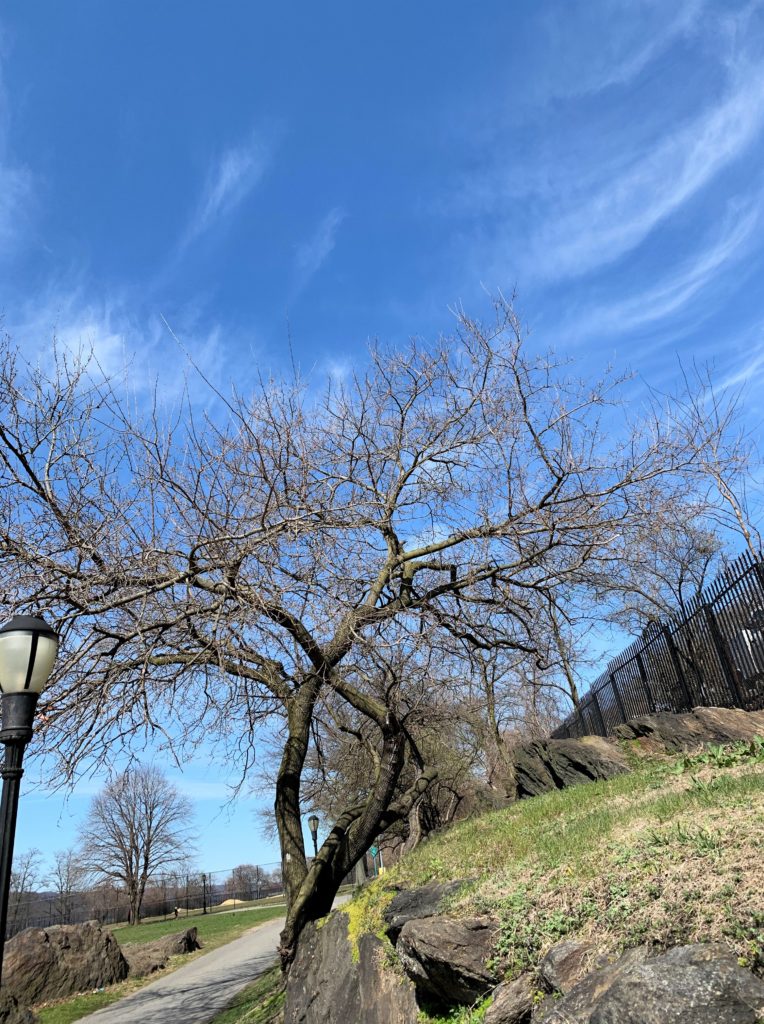Blue skies: Perfect canvases for trees to unmask their illustriousness.


memoir, cross-cultural, music, food, literature, gardening
Blue skies: Perfect canvases for trees to unmask their illustriousness.
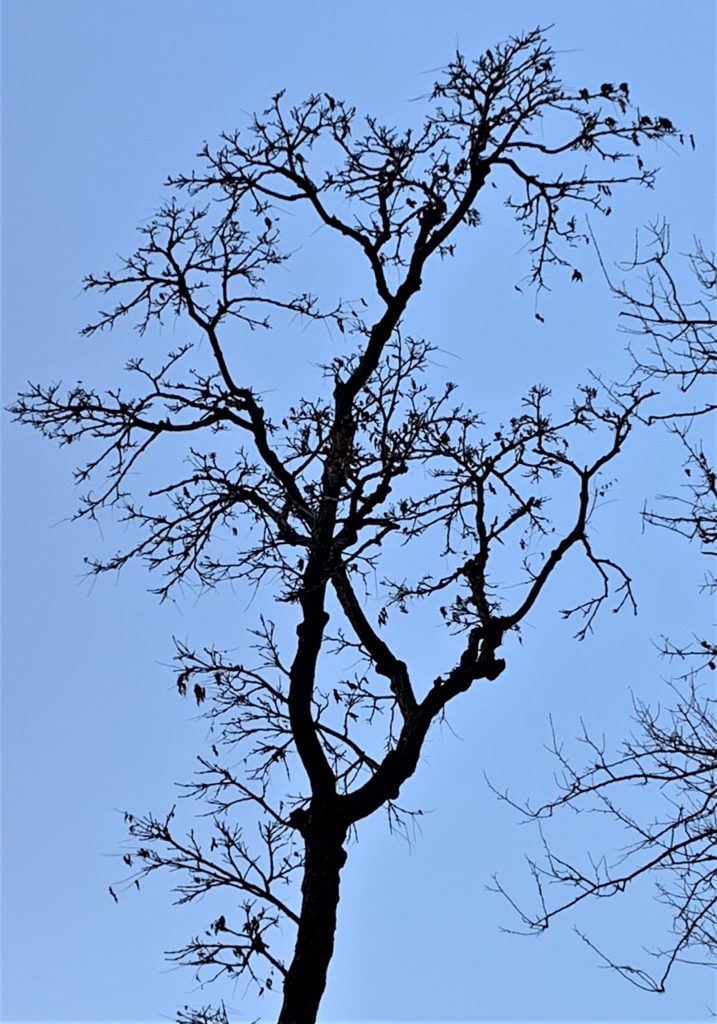
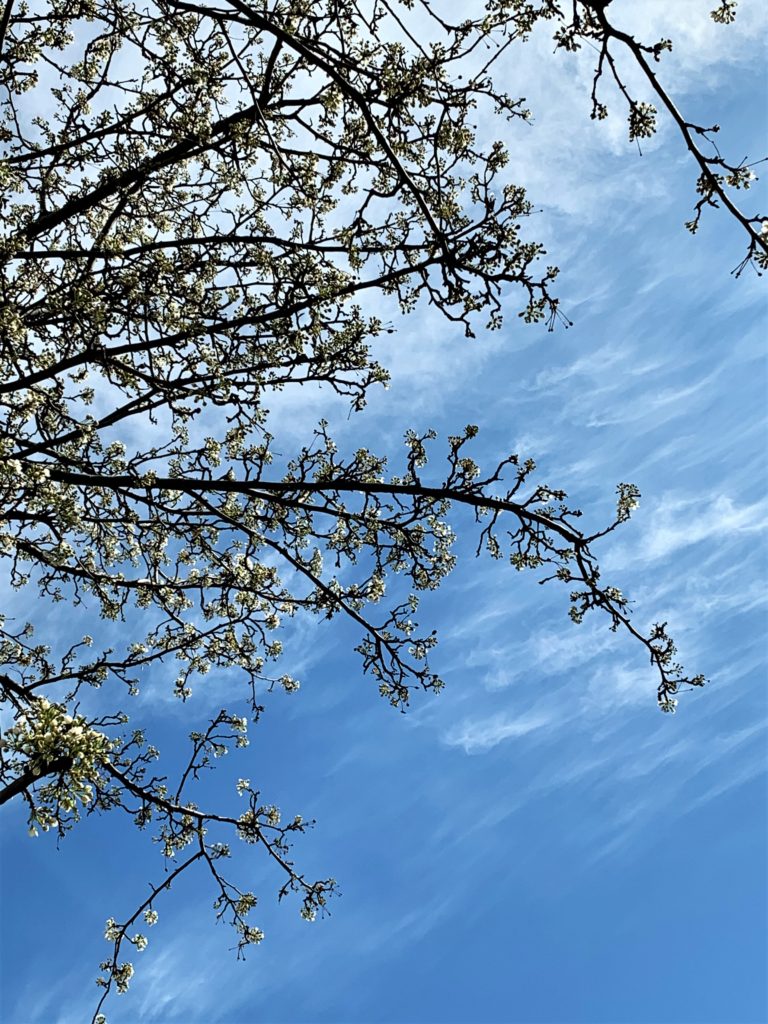
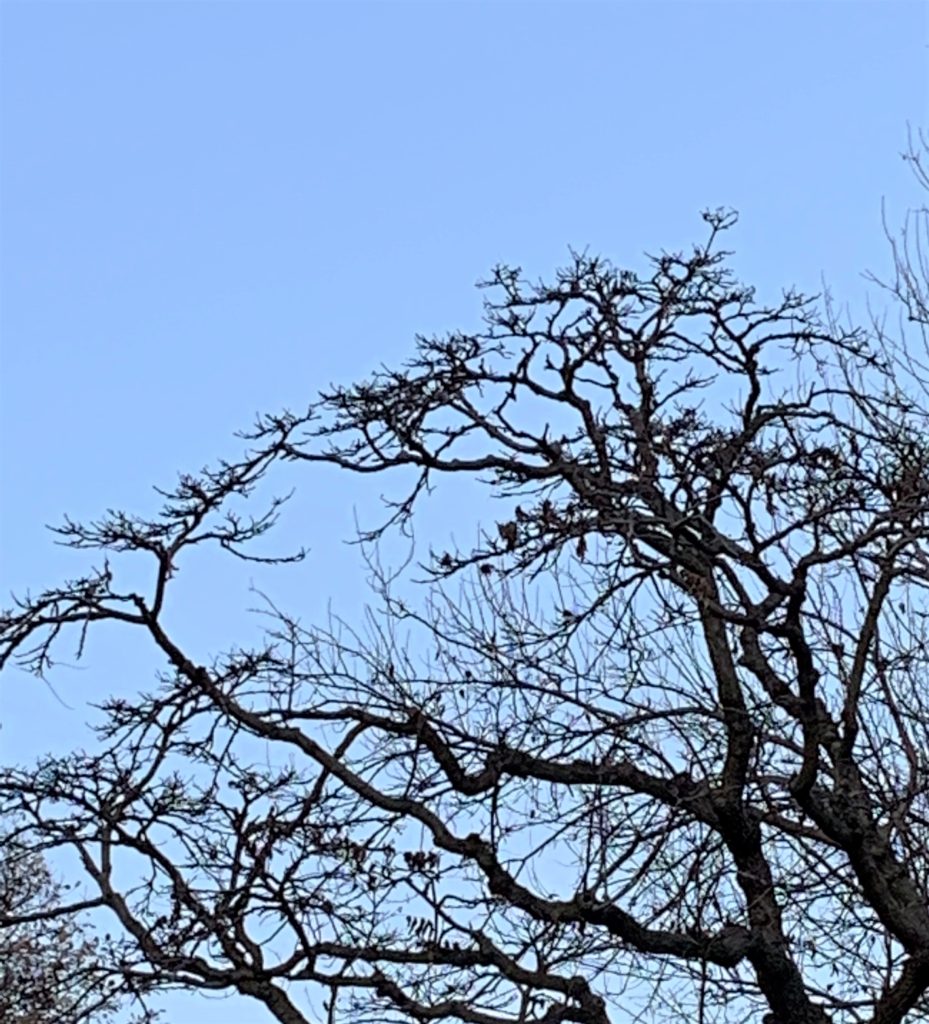
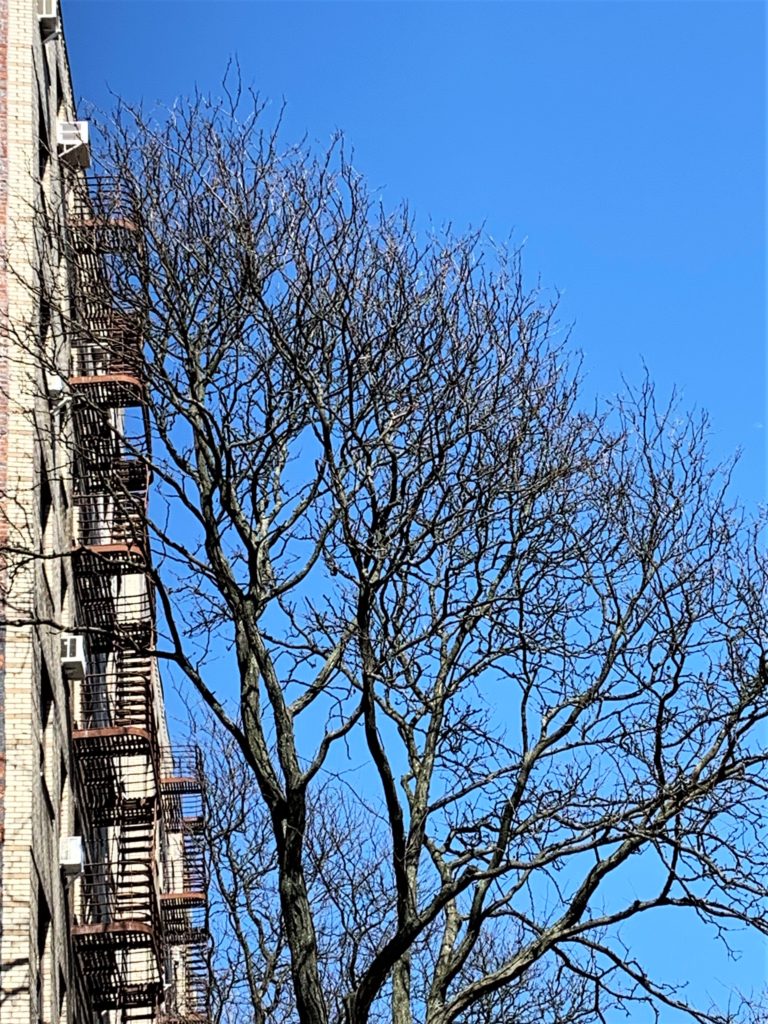

With my rudimentary-level appreciation of science, I can hardly grasp the profoundness of the theory of relativity. However, recently I have gained a very different view of “time.”
In early January, I said good-bye to mom in person for the last time. I remembered running up to the palliative care ward and giving mom a kiss on her cheek that warm, sunny afternoon. She was sleeping peacefully. My adopted sister, niece and mom’s caregiver all smiled at me.
In the following weeks, time stood still. I wasn’t able to make plans. I wasn’t ready to let go of mom but didn’t want her to continue struggling. Then, the news came: Mom had passed on with her journey.
The few weeks before the memorial service flew by quickly. I felt the obligation to continue my work and to put everything in good order prior to making another trip home. Personally, I was reliving all the treasurable moments of my lifetime within a short time: Flipping through family albums, looking at images of mom and dad, of our family trips and more. Mom had a dream of having a gallery show of her photos. I went through her collections, mostly taken in the ‘90s when she lived with me, to prepare a PowerPoint presentation for her. So many memories, so little time to process.
The memorial service was a time divider. I don’t remember much about dad’s funeral. I was too young to be involved in the arrangements. Decades have passed since then. Many old traditions have since vanished. This time, I understood everything. The fancy rituals were a blur. Yet, there was a before and an after.
I first heard about the “new virus” in December 2019 while staying with mom at the hospital. It was nameless at the time. Soon, it was the “novel coronavirus,” and, then, COVID-19. By the time, I made the second trip to Taiwan, people were on high alert there. With good managements, people were still going about their daily routines. But there were long lines for facial masks under daily ration. By the end of my one-week stay, the outbreak in Italy started.
I lost track of how many days or weeks had gone by since my return to the city. For a short while, I tried going on with work and mundane things in life. Quickly, things took a dramatic turn. There is no longer a “routine.” And, I am not the only one surviving such a reality. Days are marked by case counts, new restrictions and more urgent warnings.
With all artistic venues closed, I knew that nothing would happen until June and July at the earliest. It took me a few days to realize that I had erased April and May completely out of my thoughts. If the situation doesn’t improve, will I continue to shorten 2020?
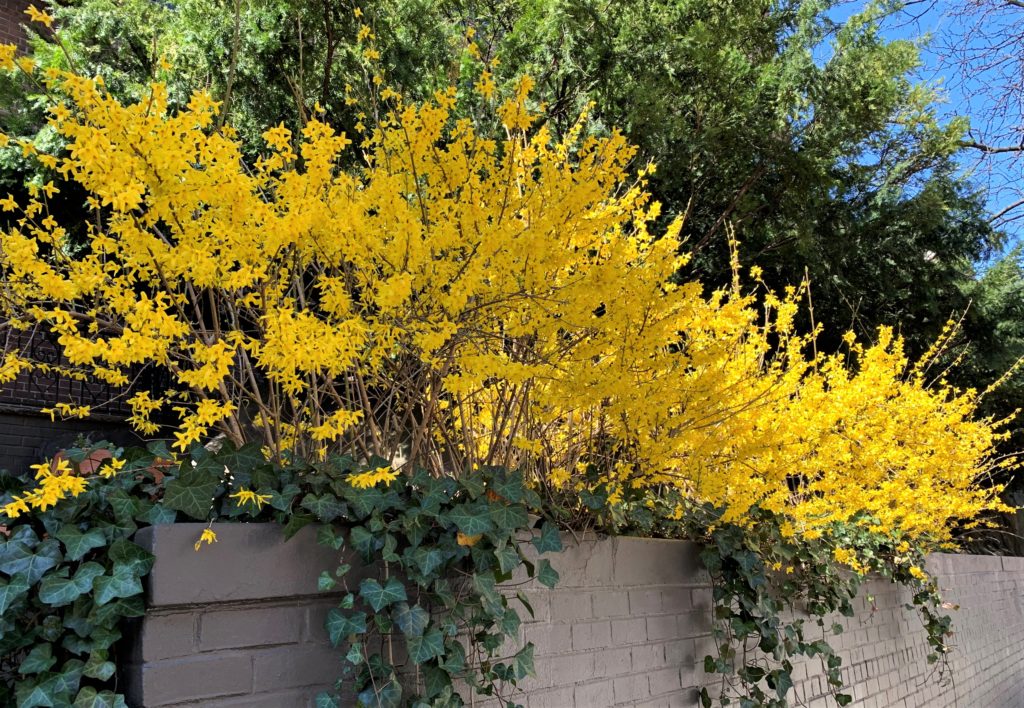
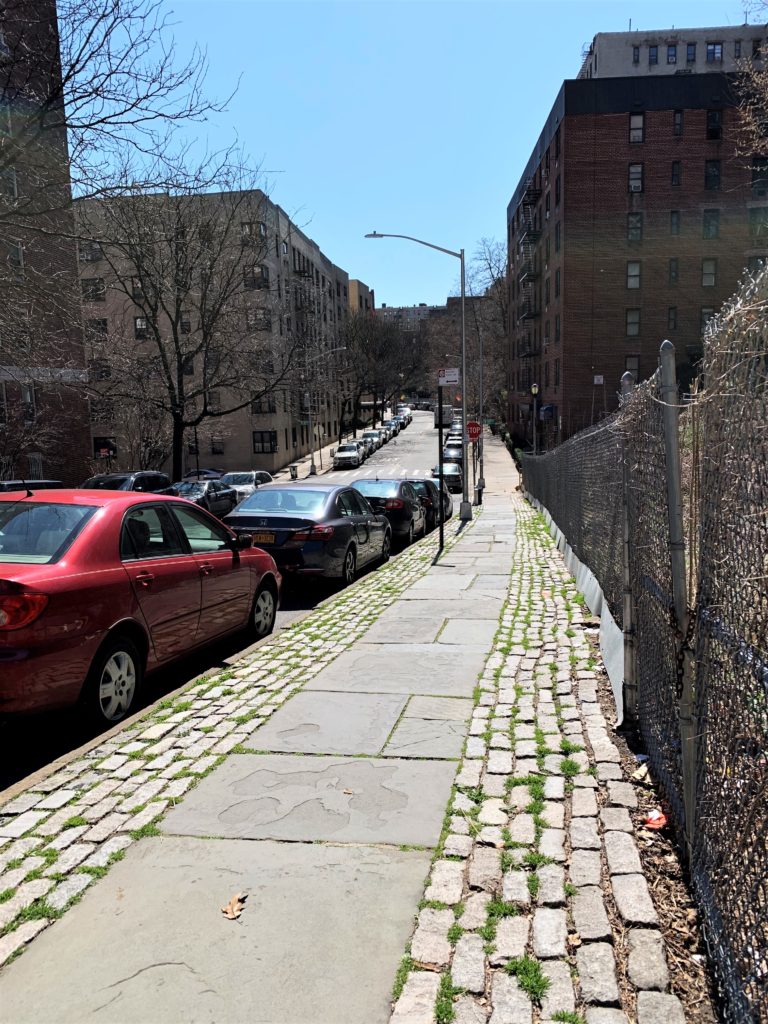
I am lucky to have a garden. Perennial flowers and herbs have come out—as in all past years. Saturday, a beautiful sunny day of early spring, I left the building for a walk at the park. (New Yorkers are allowed to venture out for “solitary exercises.”) Birds sang cheerfully on treetops. Forsythias on our terrace shone brilliantly, celebrating the new season. My street was the same but without friendly people greeting each other.
At the park, bulbs and flowering trees were preparing for their annual parade. Birds feeding casually at riverbank during low tide. Families with young children were out for some fresh air. But, everyone, with polite smiles on their faces, kept a distance from each other. A VERY strange sense of the uninterrupted of time passing, combining with a total destruction of routine.

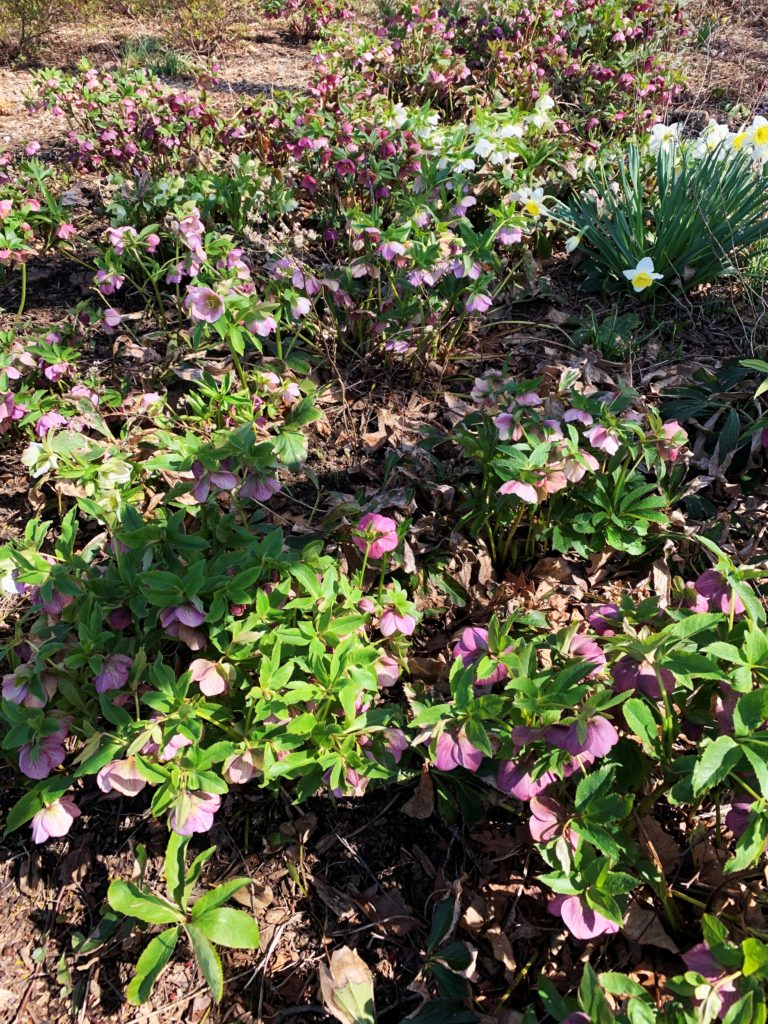
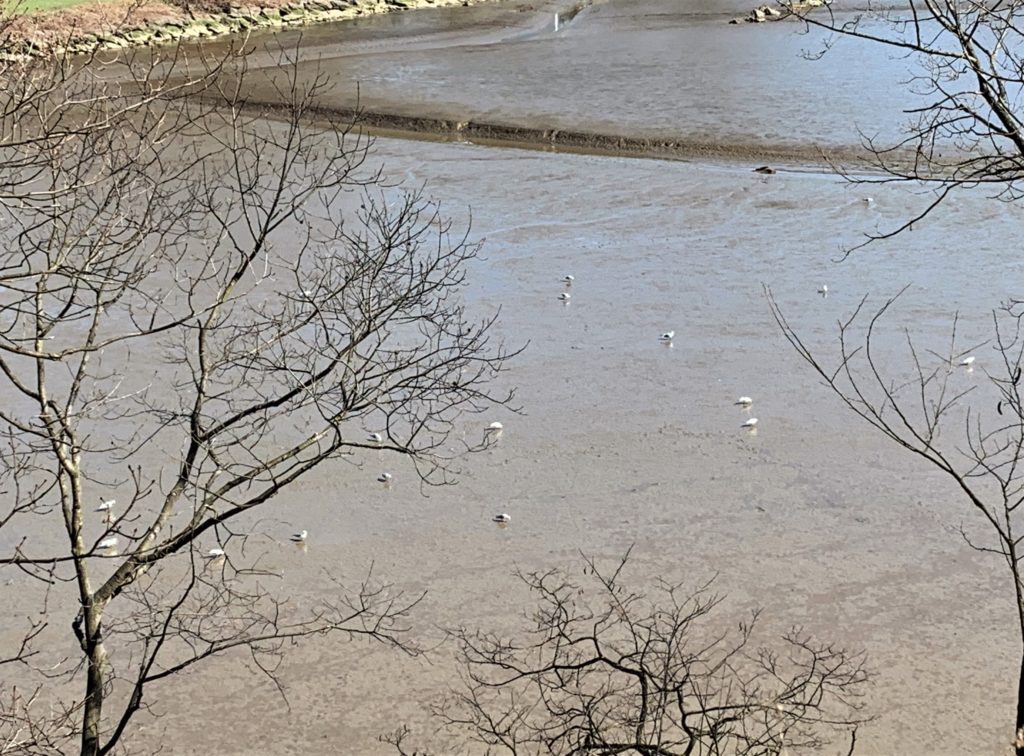
2020 will forever live in my mind like a crumpled calendar.
